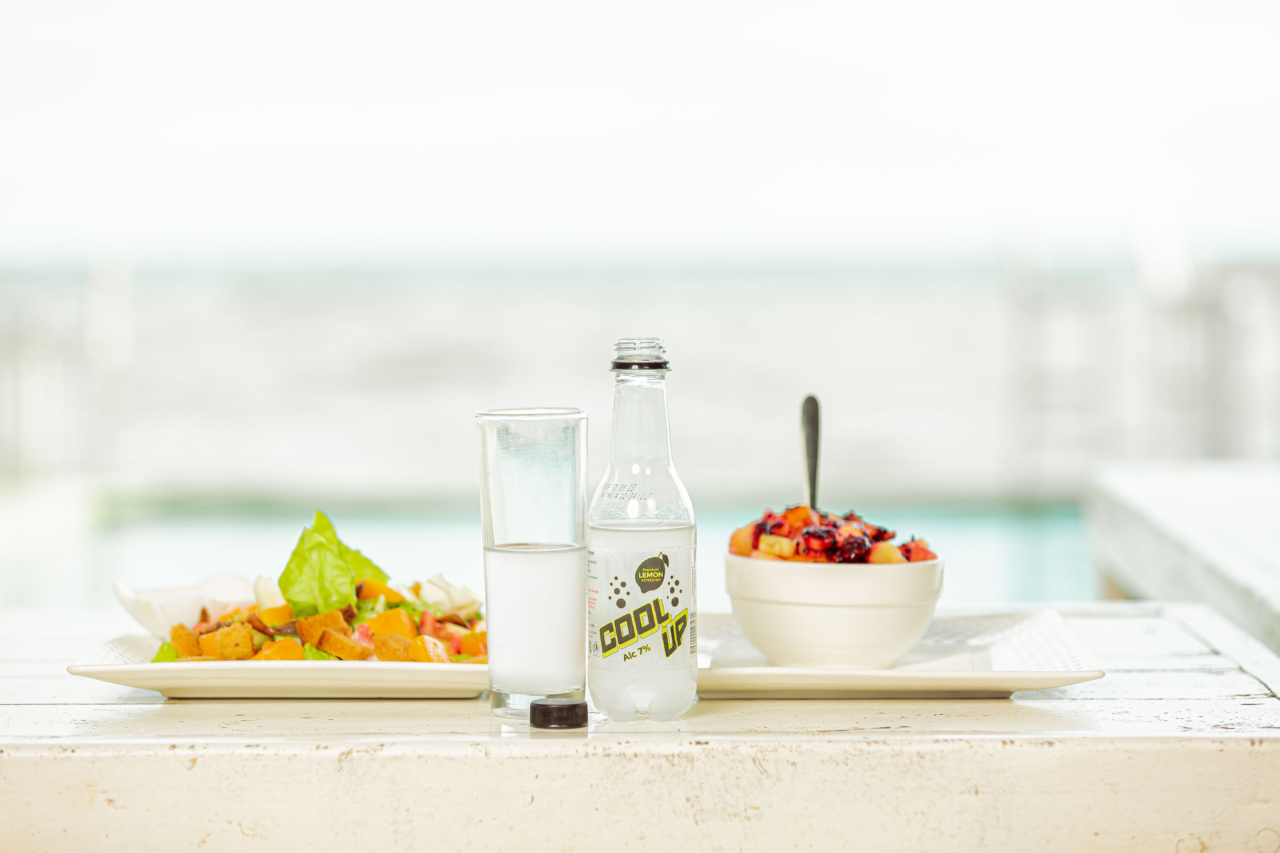Diet soda is a popular beverage choice for those looking to reduce their calorie intake or manage their weight. It is often marketed as a healthier alternative to regular soda because it contains artificial sweeteners instead of sugar.
However, recent studies have raised concerns about the potential link between diet soda consumption and the risk of stroke. In this article, we will explore the available evidence and discuss whether diet soda can indeed increase the risk of stroke.
Understanding Stroke
Before diving into the potential relationship between diet soda and stroke, it is important to understand what stroke is. A stroke occurs when the blood supply to the brain is disrupted, leading to brain cell damage or death.
There are two main types of stroke: ischemic and hemorrhagic. Ischemic strokes occur when a blood clot blocks a blood vessel in the brain, whereas hemorrhagic strokes occur when a blood vessel in the brain ruptures.
The Role of Diet in Stroke Risk
Diet plays a crucial role in maintaining cardiovascular health, and certain dietary factors can influence the risk of stroke. High intake of saturated and trans fats, sodium, and added sugars has been associated with an increased risk of stroke.
On the other hand, a diet rich in fruits, vegetables, whole grains, and lean proteins has been shown to reduce the risk of stroke.
The Controversy Surrounding Diet Soda
Diet soda is a zero-calorie beverage that is artificially sweetened. It has gained popularity among individuals trying to lose weight or control their sugar intake.
However, concerns have been raised about the potential health effects of consuming diet soda, including its impact on stroke risk.
Research Findings
Several observational studies have investigated the association between diet soda consumption and the risk of stroke.
A study published in the journal “Stroke” in 2012 analyzed data from the Nurses’ Health Study and the Health Professionals Follow-Up Study, which collectively included over 88,000 women and 45,000 men. The researchers found that regular consumption of artificially sweetened beverages, including diet soda, was associated with a higher risk of stroke.
Another study published in the journal “Stroke” in 2019 analyzed data from the Women’s Health Initiative Observational Study and found a positive association between high consumption of artificially sweetened beverages and the risk of ischemic stroke in postmenopausal women.
However, it is important to note that these studies only establish an association and cannot prove causation.
Other factors, such as underlying health conditions or lifestyle choices, may contribute to the observed link between diet soda consumption and stroke risk.
Proposed Mechanisms
The exact mechanisms through which diet soda may increase the risk of stroke are not yet fully understood. However, there are several hypotheses that have been proposed.
Potential Impact of Artificial Sweeteners
Artificial sweeteners, such as aspartame, sucralose, and saccharin, are commonly used in diet sodas to provide sweetness without the added calories.
Some studies have suggested that these artificial sweeteners may have negative effects on cardiovascular health, including an increased risk of stroke.
One proposed mechanism is related to the harmful effects of artificial sweeteners on blood vessels.
Animal studies have shown that consumption of artificial sweeteners may lead to impaired endothelial function, which is essential for maintaining healthy blood vessel function. Endothelial dysfunction can contribute to the development of atherosclerosis and increase the risk of stroke.
Possible Role of Metabolic Syndrome
Metabolic syndrome is a cluster of conditions, including abdominal obesity, high blood pressure, high blood sugar, and abnormal cholesterol levels, that increase the risk of cardiovascular diseases.
Some research suggests that diet soda consumption may be associated with an increased risk of developing metabolic syndrome, which in turn can raise the risk of stroke.
A study published in the journal “Stroke” in 2008 found that individuals who consumed diet soda on a daily basis had a higher prevalence of metabolic syndrome compared to non-consumers.
However, more research is needed to establish a direct causal relationship between diet soda consumption, metabolic syndrome, and stroke risk.
Confounding Factors
It is important to consider confounding factors when interpreting the results of studies investigating the relationship between diet soda and stroke risk.
Confounding factors are variables that can influence both the exposure (diet soda consumption) and the outcome (stroke risk), leading to a spurious association.
For example, individuals who consume diet soda may also have other unhealthy habits that contribute to an increased risk of stroke, such as a poor overall diet, sedentary lifestyle, or smoking.
It is challenging to disentangle the effects of specific dietary components from the overall dietary pattern and lifestyle factors.
Expert Opinion
Despite the conflicting evidence and the potential limitations of observational studies, some experts advise caution when it comes to diet soda consumption.
They recommend choosing healthier beverage options, such as water, unsweetened tea, or sparkling water with a splash of fruit juice, as part of a balanced diet.
It is worth noting that regulatory authorities, such as the U.S.
Food and Drug Administration (FDA) and the European Food Safety Authority (EFSA), have determined that artificial sweeteners, including those used in diet sodas, are safe for consumption within the approved limits. However, moderate consumption is generally advised.
Conclusion
The potential link between diet soda consumption and the risk of stroke remains a topic of ongoing research and debate.
While some studies suggest an association between high intake of artificially sweetened beverages and stroke risk, more research is needed to establish a causal relationship and understand the underlying mechanisms.
In the meantime, individuals should strive for a balanced diet that includes a variety of whole foods and beverages that promote cardiovascular health.
Moderation is key, and it is always advisable to consult with healthcare professionals for personalized dietary recommendations.




























